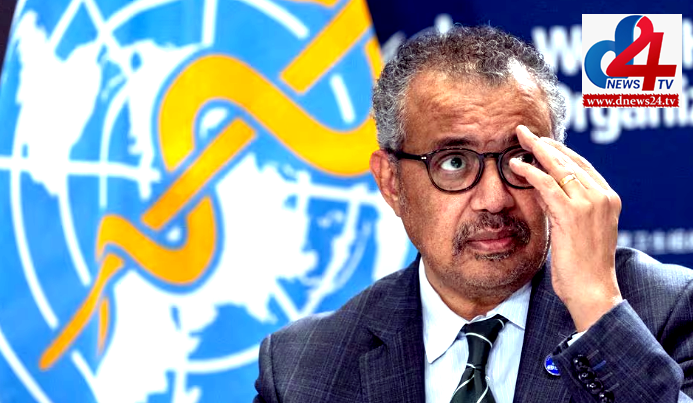The World Health Organization (WHO) announced on Friday that mpox remains a public health emergency of international concern due to a surge in cases and the virus’s continued spread across regions.
The decision follows a meeting of the WHO’s Emergency Committee, which advised maintaining the high-alert status initially declared in August.
The WHO attributed the emergency designation to the ongoing increase in mpox cases, as well as the virus’s spread beyond the Democratic Republic of Congo, where the outbreak was first reported, to neighbouring African countries and now parts of Europe and Asia.
Confirmed cases of the new mpox variant, known as clade Ib, have been reported in the UK, Germany, Sweden, and India.
“Rising case numbers, the continuing geographic spread, and the need for a cohesive response have made it essential to maintain this emergency status,” the WHO stated, emphasising operational challenges on the ground and the need for sustained collaboration among countries and health partners.
Mpox, a viral disease transmitted through close contact, typically causes flu-like symptoms and lesions.
While usually mild, the virus can be fatal, particularly in areas with limited access to healthcare. This year, more than 46,000 suspected cases have been reported in Africa, primarily in Congo, with more than 1,000 suspected deaths.
The WHO’s emergency designation, its highest alert level, previously applied to a different mpox strain during the global outbreak of 2022–2023.
The new alert, issued in response to the spread of clade Ib, underscores the global health risks posed by the variant and the urgency of the response.
In September, following criticism for slow vaccine distribution, the WHO authorised Bavarian Nordic’s mpox vaccine, later adding Japan’s KM Biologics’ vaccine to the list of approved emergency-use vaccines.
Health officials stress that vaccination remains a key strategy in curbing the virus’s spread, particularly in high-risk regions.
“The emergency status underscores the urgency to mount a unified global response,” a WHO spokesperson said, encouraging collaboration to ensure widespread vaccination and public health awareness.




